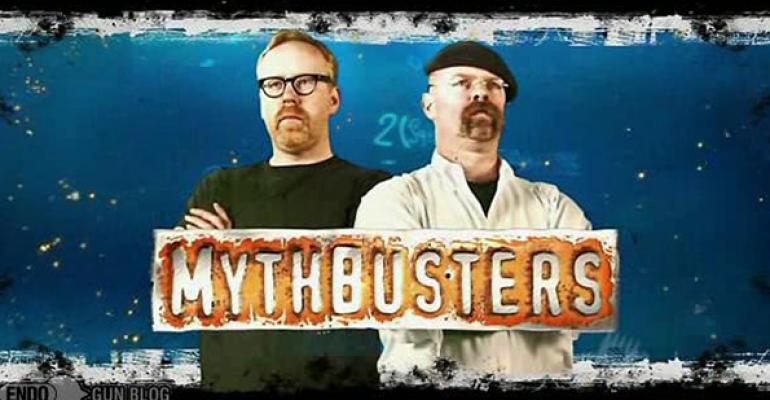
Debunking common misconceptions about estate planning makes strong business sense.
The American public largely misunderstands estate planning. They read stories in the press about multimillion-dollar estate battles and assume estate planning is reserved for the rich and famous. Take for example the estate of the late musician Prince. The artist died with no known will, leaving the fate of his $100 million fortune up in the air. Anyone reading that story would be excused for assuming estate planning simply doesn’t apply to them.
The reality is, estate planning does apply to the “average” person. Prolonged legal disputes around estates aren’t confined to the 1 percent, and in fact happen to average Americans every day. More than one-third of respondents to an estate-planning survey conducted by WealthCounsel said they’ve either personally experienced or know someone who has experienced family conflict as a result of not having a will or estate plan.
For estate-planning attorneys, the task becomes overcoming the common misconceptions about estate planning and conveying the universal value of estate plans. Doing so makes strong business sense. Attorneys cannot simply rely on the wealthiest members of their community to bring in estate-planning business. WealthCounsel’s Estate Planning Awareness Survey found that nearly half of Americans (46 percent) are interested in learning more about estate planning. Capturing just a small portion of that group could dramatically increase your revenues. Before you do, you need to help new clients overcome estate planning’s biggest myths.



